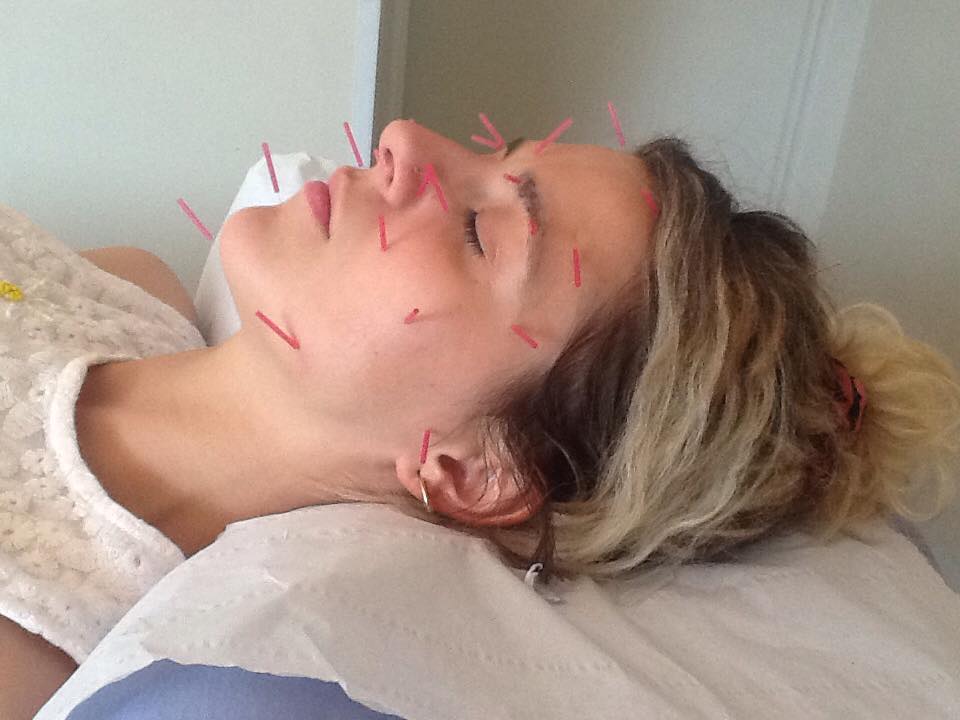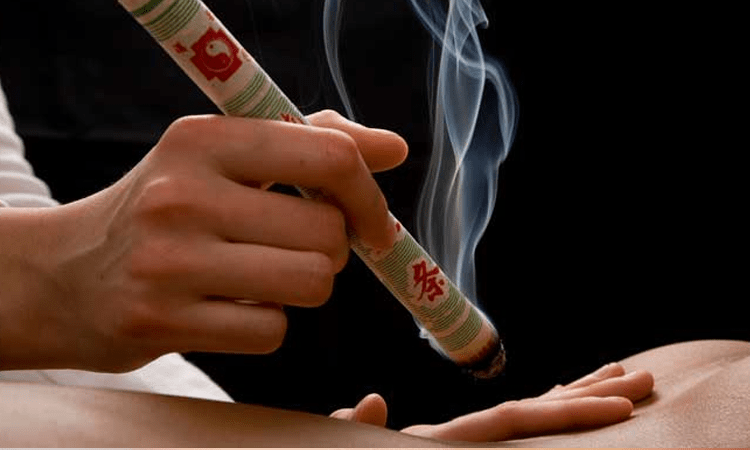What are Traditional Chinese Medicine Treatments
Traditional Chinese Medicine describes health as the harmonious interaction of these entities and the outside world, and disease as a disharmony in interaction. Traditional Chinese Medicine diagnosis aims to trace symptoms to patterns of an underlying disharmony, by measuring the pulse, inspecting the tongue, skin, and eyes, and looking at the eating and sleeping habits of the person as well as many other things.
Chinese Medical Practice includes various forms of treatments which include herbal medicine, acupuncture, cupping therapy, gua sha, massage (tui na), exercise (qigong), and dietary therapy, but recently also influenced by modern Western medicine.
One of the basic tenets of Traditional Chinese Medicine is that the body’s vital energy (ch’i or qi) is circulating through channels, called meridians, that have branches connected to bodily organs and functions.

Top 10 Indicators
Lower back pain
Depression
Anxiety
Headache
Arthritis
General pain relief
Female infertility
Insomnia
Neck pain
Frozen shoulder
Treatment for pain and mental health (especially mood disorders)
Immune system dysfunction
Gastro intestinal
Gynaecology
Neurology
Moxa and Moxibustion
Another way of stimulating acupuncture points is Moxibustion.
This involves warming the acupuncture point by burning a herb called “Moxa”.
It may be used , for instance, in the treatment of osteo arthritis of the knee.
The use of suction cups is another technique often used on the shoulders and the back.
Alternative medicine proponents claim that moxibustion can help treat the following health problems:
- Osteo Arthritis
- Back pain
- Headaches
- Migraines
- Muscle stiffness
- Migraine and tension headaches (in certain conditions according to NICE)

How can Traditional Chinese Medicine Treatments help
Traditional Chinese Medicine treats a number of common symptoms, conditions and ailments and addresses these from a holistic perspective.
Holistic medicine is a form of healing that considers the whole person, body, mind, spirit, and emotions, in the quest for optimal health and wellness. According to the holistic medicine philosophy, one can achieve optimal health — the primary goal of holistic medicine practice — by gaining proper balance in life.
Holistic practitioners believe that the whole person is made up of interdependent parts and if one part is not working properly, all the other parts will be affected. In this way, if people have imbalances (physical, emotional, or spiritual) in their lives, it can negatively affect their overall health.
A variety of symptoms are treatable such as pain, IBS, colitis, infertility, neuropathy, arthritis, insomnia, stress and depression. TCM can treat chronic and/or acute problems as well.”
Prior to treatment
During the initial appointment, new clients will be asked to complete their health history. Ros will begin the visit by asking you about your health concerns, diet, sleep, stress level, and other lifestyle habits. You may be asked about your emotions, appetite, food likes and dislikes, and response to changes in temperature and seasons.
During your visit, Ros will examine your appearance carefully, noting your complexion, voice, and tongue colour and coating. She will also take the client’s pulse at three points on each wrist, noting the strength, quality, and rhythm. In Chinese medicine, the tongue and pulses are considered to reflect the health of your organ systems and meridians.
Acupuncture is believed to affect the body’s immunity and as such, helps to reduce the immune response to an allergen.
